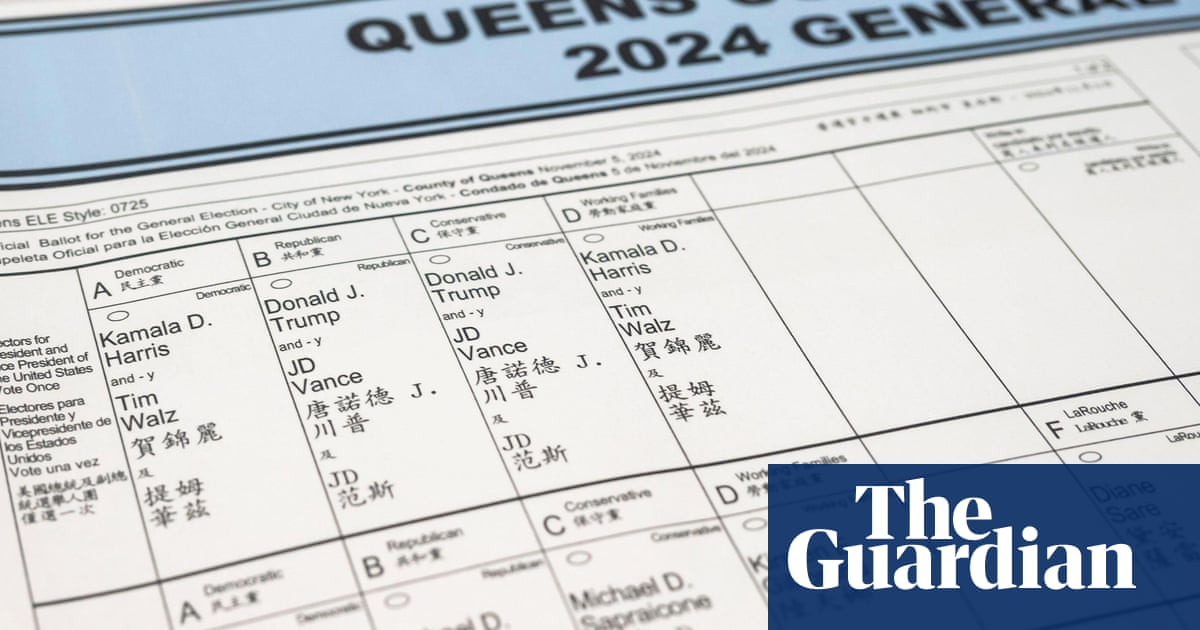Trump’s Proposed Executive Order on Voter Identification: An Analysis
In a recent post on Truth Social, former President Donald Trump announced plans to issue an executive order mandating voter identification across all U.S. elections, stating unequivocally that there would be “no exceptions.” This proclamation has sparked debate among political analysts, legislators, and everyday citizens.
The Proposal Explained
Trump’s declaration emphasizes that every voter must present an ID when casting ballots, a move he claims will protect election integrity. In his words, “Voter I.D. Must Be Part of Every Single Vote. NO EXCEPTIONS! I Will Be Doing An Executive Order To That End!!!” This approach aligns with the rhetoric of his previous campaigns, where the notion of voter fraud was frequently highlighted, particularly following the 2020 election, which he claims was “stolen” from him.
Legal Implications
However, this proposed executive order is fraught with constitutional challenges. The U.S. Constitution primarily grants authority to regulate elections to the states, while Congress possesses the power to enact laws concerning election procedures. There is no explicit provision allowing the president to impose regulations on voting practices. As experts suggest, any attempt by Trump to enforce this mandate could lead to significant legal battles that may ultimately deem the order unconstitutional.
The Facts About Voter Fraud
Proponents of voter ID laws argue that these measures are necessary to prevent fraud. However, studies indicate that voter impersonation—one of the most common concerns raised by ID advocates—is exceedingly rare. The Brennan Center for Justice points out that as many as 11% of eligible voters do not possess the necessary identification required by states with strict ID laws. This statistic is even more pronounced among vulnerable groups, including seniors, minorities, low-income individuals, and students.
This discrepancy raises an ethical question: are voter ID laws genuinely about protecting the integrity of elections, or do they serve as a mechanism to disenfranchise specific populations?
Trump’s Additional Voting Restrictions
In addition to voter ID requirements, Trump is reportedly pushing to restrict mail-in voting, proposing to limit this option solely to those who are deeply ill or serving in the military. These restrictive measures echo unsubstantiated claims regarding the reliability of mail-in ballots—claims that suggest the United States is unique in its use of mail-in voting. In reality, numerous countries worldwide allow various forms of mail-in voting, underscoring the global acceptance of this practice.
Responses from Political Leaders
The response from political figures has been varied. Illinois Governor JB Pritzker has openly criticized Trump’s approach, calling for collective action to resist what he regards as an infringement on democratic rights. Pritzker’s contention is clear: he believes that using military force to control voting practices in urban areas crosses ethical and legal boundaries, indicating a broader concern about federal overreach in state affairs.
Public Sentiment and the Political Landscape
Public opinion on voter ID laws tends to be divided along partisan lines. Supporters view these measures as a necessary step towards ensuring election integrity, while opponents argue that they disproportionately affect marginalized communities. The ongoing discourse reflects a larger narrative about the accessibility of the electoral process in America.
The discussion about Trump’s proposed executive order serves as a crucial reminder that the battle over voting rights continues to be a significant and contentious issue in U.S. politics. As the nation edges closer to future elections, how this proposed mandate will impact voter access and participation remains to be seen. Additionally, the legal pathways and public responses to any actions taken will play a pivotal role in shaping the conversation around voting in America.



